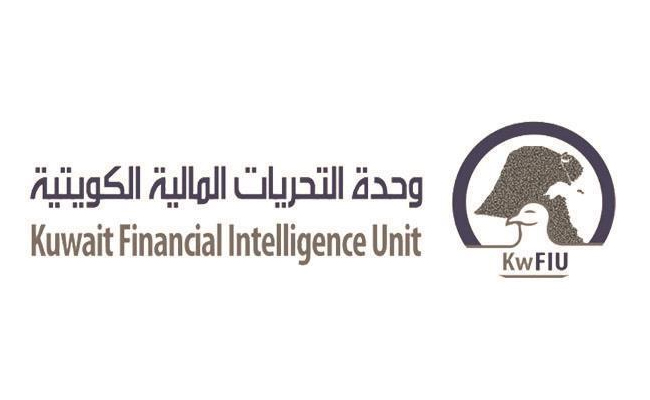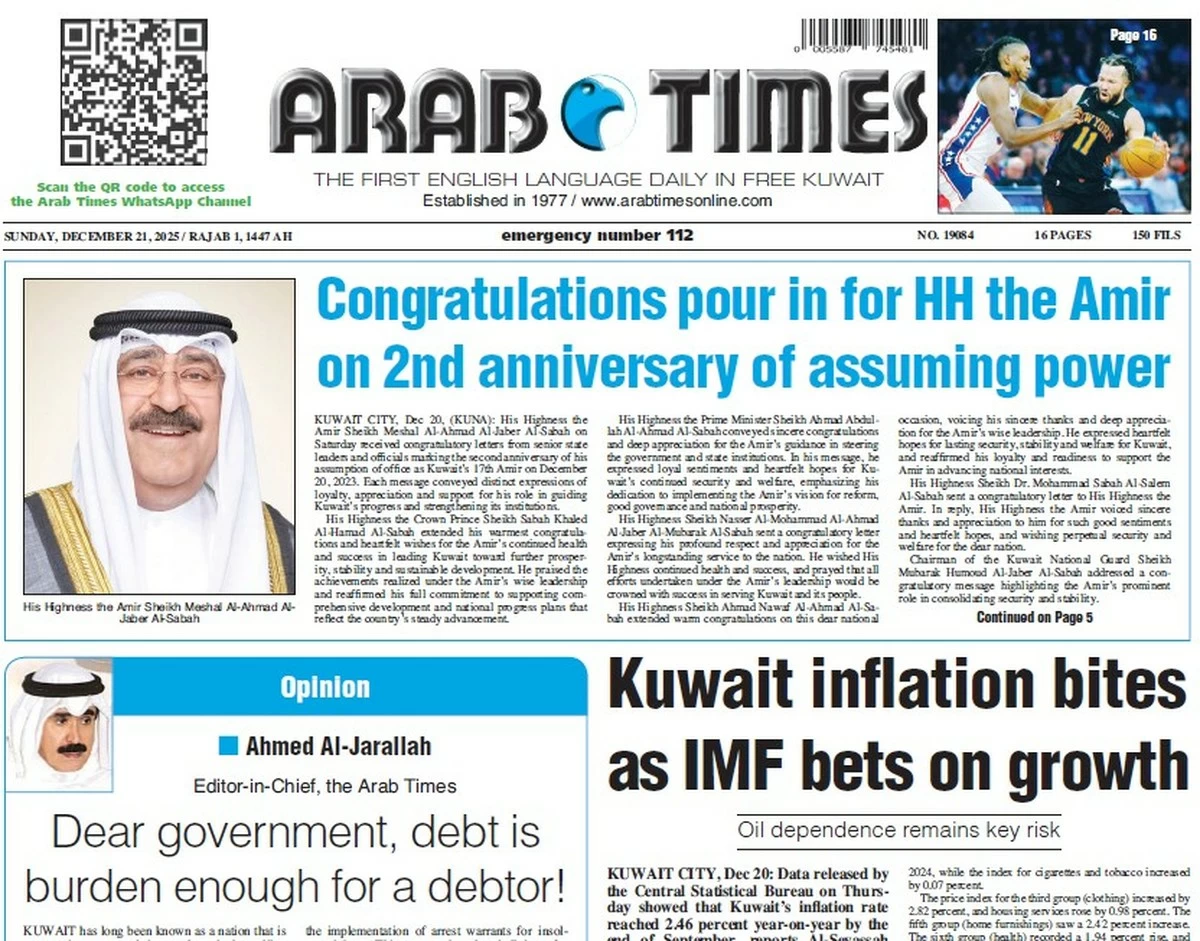31/01/2024
31/01/2024

KUWAIT CITY, Jan 31, (Agencies): Sources have revealed that banks are not only inquiring about the source of a customer's funds but are also seeking information on the purpose behind obtaining the money. This heightened scrutiny particularly applies to checks from known parties issued by other local banks, especially when the check amounts are significant compared to the client's usual income.
Banks have recently intensified their calls to customers who deposit checks into their accounts, focusing not just on the source of the check, but also questioning the reason behind receiving it. Some customers find this practice intrusive, arguing that not all financial transactions should stem from business relationships.
Several individuals have informed banks that the check amounts received are gifts, emphasizing that there is no legal prohibition on the exchange of financial gifts between individuals, especially within socially acceptable limits. Banks typically refrain from escalating such matters to the Financial Investigation Unit unless the value is exceptionally substantial and unexplained.
To safeguard against money laundering and terrorist financing, local banks are now restricting the deposit of funds from exchange companies. They are only accepting deposits of specific cash levels, particularly if the amounts differ from the standard liquidity rates of these companies. This measure primarily applies to exchange entities not supervised by the Central Bank of Kuwait but falling under the oversight of the Ministry of Commerce and Industry.
Banks are adopting a stringent approach to cash deposits from exchange offices, especially those not associated with major entities known for their reliability. The daily, weekly, or monthly deposit limits for liquidity from each company are determined by the bank based on the average operations for a specific period, considering potential fluctuations in activity during certain seasons, such as tourism.
Each bank establishes a maximum limit for liquidity from exchange companies, with some banks refusing to accept additional amounts that exceed their specified limits. These measures are part of precautionary steps to combat money laundering and terrorist financing.
The Central Bank prohibits exchange companies from accepting cash amounts from customers exceeding 3,000 dinars or its equivalent in foreign currency in a single day. If customers surpass this limit, the funds must be deducted from their bank account or processed through another authorized banking method. This regulation aims to control cash liquidity levels deposited by exchange companies, aligning with regulatory limits.
It is crucial to note that approximately 500 exchange companies operate in Kuwait, with only 38 registered with the Exchange Union and supervised by the Central Bank. The remaining entities are subject to the oversight of the Ministry of Commerce and Industry, and banks apply distinct accounting mechanisms for depositing liquidity from major exchange companies known for their reliability.


